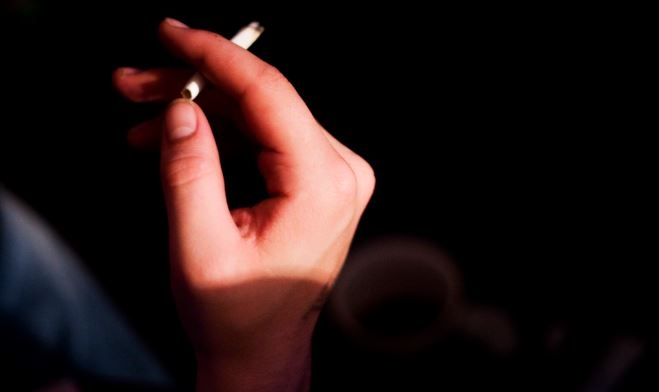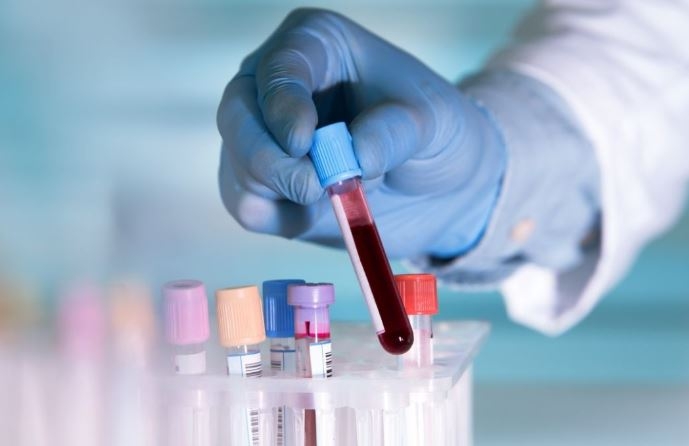Many studies have found a link between smoking during pregnancy and growth problems in infants. But evidence of the impact of smoking during pregnancy on bone health and risk of fractures in children at different stages of life is scarce and inconsistent. Researchers have found that smoking during pregnancy increases the risk of fracture in an infant. But the results show no long-lasting effect on fracture risk later in childhood and up to early adulthood, suggesting that smoking in pregnancy only has a short term influence on bone health, say the researchers.
Infants of mothers who smoke during early pregnancy appear to have a small increased risk of fractures during the first year of life finds a study from Sweden. So a team of researchers based in Sweden set out to study the impact of maternal smoking during pregnancy on fractures in offspring from infancy to young adulthood. Their findings are based on over 1.6 million people born in Sweden between 1983 and 2000 to women who smoked (377,367) and did not smoke (1,302,940) in early pregnancy.
Offspring were followed up from birth to an average age of 21 (maximum age 32 years). During this period 377,970 fractures were identified (a rate of 11.8 per 1000 person-years). The researchers also carried out sibling comparison analyses to control for any unwanted effects of unmeasured familial (genetic and environmental) factors shared by siblings, making the results more likely to be reliable.
Maternal smoking during pregnancy was also associated with increased fracture risk in offspring from age 5 to 32 years. However, these associations did not display a clear dose-dependent pattern and did not persist in sibling comparison analyses, where siblings were discordant for maternal smoking. This suggests that fracture risk later in childhood and up to early adulthood seem to be driven by familial factors shared by siblings, rather than by exposure to mother's smoking in the womb, say the authors. There was no evidence of maternal smoking being associated with the risk of fractures in offspring between the ages of 1 and 5 years across all analyses. This is an observational study so can't establish cause, and the authors point to some limitations, such as the possibility that some women will not admit smoking during pregnancy or might under-report the number of cigarettes smoked.
Many studies have found a link between smoking during pregnancy and growth problems in infants. But evidence of the impact of smoking during pregnancy on bone health and risk of fractures in children at different stages of life is scarce and inconsistent. Researchers have found that smoking during pregnancy increases the risk of fracture in an infant. But the results show no long-lasting effect on fracture risk later in childhood and up to early adulthood, suggesting that smoking in pregnancy only has a short term influence on bone health, say the researchers.
Infants of mothers who smoke during early pregnancy appear to have a small increased risk of fractures during the first year of life finds a study from Sweden. So a team of researchers based in Sweden set out to study the impact of maternal smoking during pregnancy on fractures in offspring from infancy to young adulthood. Their findings are based on over 1.6 million people born in Sweden between 1983 and 2000 to women who smoked (377,367) and did not smoke (1,302,940) in early pregnancy.
Offspring were followed up from birth to an average age of 21 (maximum age 32 years). During this period 377,970 fractures were identified (a rate of 11.8 per 1000 person-years). The researchers also carried out sibling comparison analyses to control for any unwanted effects of unmeasured familial (genetic and environmental) factors shared by siblings, making the results more likely to be reliable.
Maternal smoking during pregnancy was also associated with increased fracture risk in offspring from age 5 to 32 years. However, these associations did not display a clear dose-dependent pattern and did not persist in sibling comparison analyses, where siblings were discordant for maternal smoking. This suggests that fracture risk later in childhood and up to early adulthood seem to be driven by familial factors shared by siblings, rather than by exposure to mother's smoking in the womb, say the authors. There was no evidence of maternal smoking being associated with the risk of fractures in offspring between the ages of 1 and 5 years across all analyses. This is an observational study so can't establish cause, and the authors point to some limitations, such as the possibility that some women will not admit smoking during pregnancy or might under-report the number of cigarettes smoked.
























